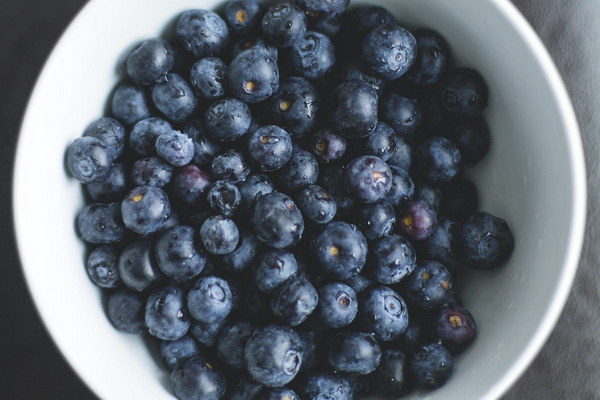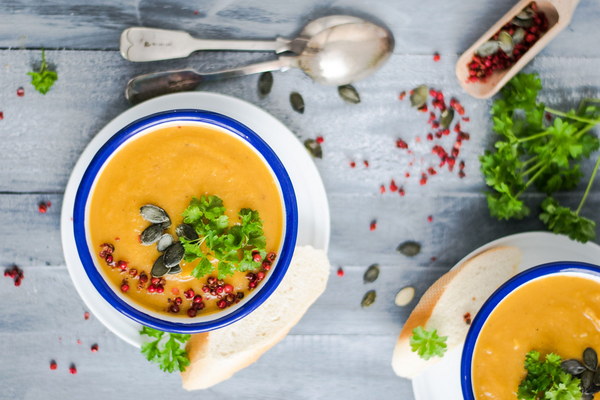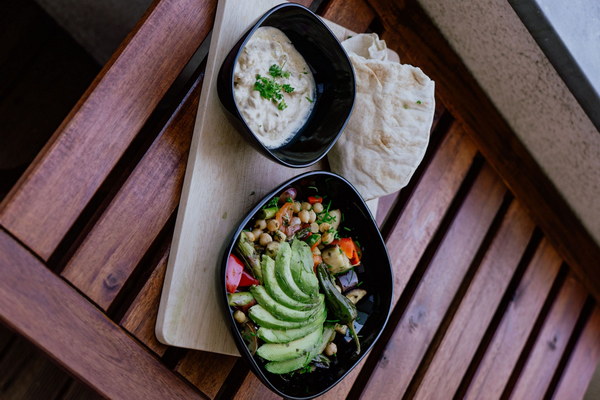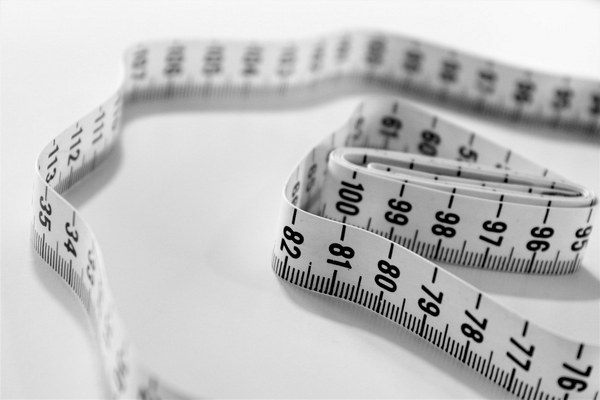Revitalize Your Menopausal Journey A Comprehensive Guide to Nutritional Support for Menopausal Women
Introduction:
Menopause is a significant life transition for many women, marked by the end of menstrual cycles and the cessation of fertility. It is a time when women may experience a range of symptoms, from hot flashes and night sweats to mood swings and vaginal dryness. While hormone replacement therapy (HRT) is a common treatment option, many women are seeking natural ways to alleviate symptoms and maintain their health. One such approach is through nutritional support, which can play a vital role in managing menopausal symptoms and promoting overall well-being. This article will explore the key nutrients that can benefit menopausal women and provide practical tips on how to incorporate them into their diets.
1. Estrogen-like Foods:
Estrogen is a hormone that plays a crucial role in the regulation of the menstrual cycle and menopausal symptoms. While it is not possible to consume estrogen directly from food, some plant-based foods contain compounds that have estrogenic properties, known as phytoestrogens. These include:
- Flaxseeds: Rich in lignans, flaxseeds have estrogen-like properties and can help reduce hot flashes and night sweats.
- Soy Products: Soybeans, tofu, and tempeh contain isoflavones, which can mimic estrogen and help alleviate menopausal symptoms.
- Lentils: Lentils are a good source of phytoestrogens and can contribute to overall hormonal balance.
2. Calcium and Vitamin D:
Osteoporosis is a common concern for menopausal women due to the decline in estrogen, which affects bone density. Calcium and vitamin D are essential for maintaining bone health, and it is crucial to ensure adequate intake during menopause. Foods rich in calcium and vitamin D include:
- Dairy Products: Milk, cheese, and yogurt are excellent sources of calcium.
- Leafy Greens: Spinach, kale, and collard greens contain calcium and vitamin K, which is important for bone health.
- Fish: Salmon, sardines, and mackerel are rich in vitamin D and calcium.
3. Omega-3 Fatty Acids:
Omega-3 fatty acids have been shown to reduce inflammation and improve mood, which can be particularly beneficial during menopause. Foods high in omega-3s include:
- Fish: Salmon, mackerel, sardines, and trout are excellent sources of omega-3 fatty acids.
- Flaxseeds: Flaxseeds are rich in alpha-linolenic acid (ALA), an omega-3 fatty acid.
- Chia Seeds: Chia seeds are another good source of omega-3s and can be added to smoothies, salads, or oatmeal.
4. Iron and Folic Acid:
Menopausal women may experience heavier menstrual bleeding or anemia, leading to an increased need for iron and folic acid. Foods rich in these nutrients include:
- Lean Meats: Chicken, turkey, and lean beef are good sources of iron.
- Legumes: Beans, lentils, and chickpeas are excellent sources of iron and folic acid.
- Dark Leafy Greens: Spinach, kale, and collard greens are rich in iron and folic acid.
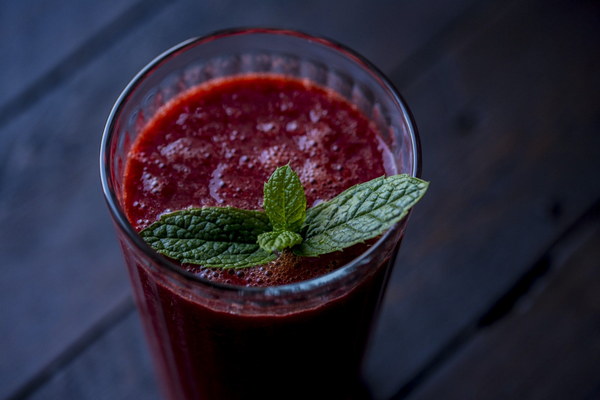
5. Probiotics:
Probiotics are beneficial bacteria that can improve gut health and immune function. They may also help alleviate menopausal symptoms such as vaginal dryness and mood swings. Foods high in probiotics include:
- Yogurt: Look for plain, unsweetened yogurt with live and active cultures.
- Kefir: Kefir is a fermented milk drink that is rich in probiotics.
- Fermented Vegetables: Sauerkraut, kimchi, and pickles are all good sources of probiotics.
Conclusion:
Incorporating a balanced diet rich in essential nutrients can provide menopausal women with the support they need to manage symptoms and maintain overall health. By focusing on foods high in estrogen-like compounds, calcium, vitamin D, omega-3 fatty acids, iron, folic acid, and probiotics, women can take an active role in their menopausal journey. Remember, it is always best to consult with a healthcare professional before making significant changes to your diet or starting any new supplement regimen.
